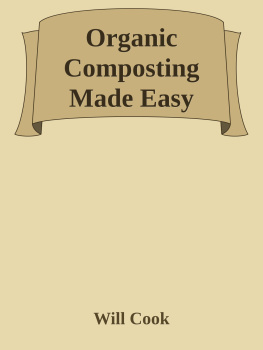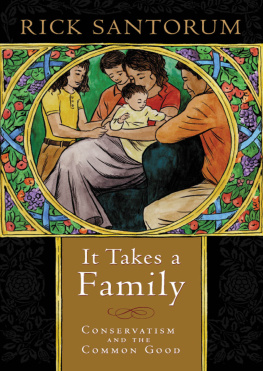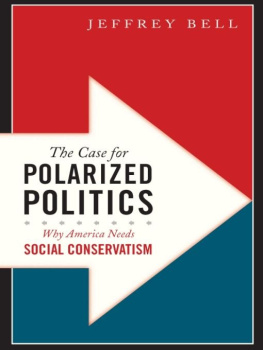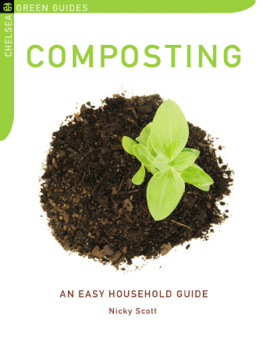Rick Tyler - Still Right: An Immigrant-Loving, Hybrid-Driving, Composting American Makes the Case for Conservatism
Here you can read online Rick Tyler - Still Right: An Immigrant-Loving, Hybrid-Driving, Composting American Makes the Case for Conservatism full text of the book (entire story) in english for free. Download pdf and epub, get meaning, cover and reviews about this ebook. year: 2020, publisher: St. Martins Publishing Group, genre: Politics. Description of the work, (preface) as well as reviews are available. Best literature library LitArk.com created for fans of good reading and offers a wide selection of genres:
Romance novel
Science fiction
Adventure
Detective
Science
History
Home and family
Prose
Art
Politics
Computer
Non-fiction
Religion
Business
Children
Humor
Choose a favorite category and find really read worthwhile books. Enjoy immersion in the world of imagination, feel the emotions of the characters or learn something new for yourself, make an fascinating discovery.

- Book:Still Right: An Immigrant-Loving, Hybrid-Driving, Composting American Makes the Case for Conservatism
- Author:
- Publisher:St. Martins Publishing Group
- Genre:
- Year:2020
- Rating:5 / 5
- Favourites:Add to favourites
- Your mark:
- 100
- 1
- 2
- 3
- 4
- 5
Still Right: An Immigrant-Loving, Hybrid-Driving, Composting American Makes the Case for Conservatism: summary, description and annotation
We offer to read an annotation, description, summary or preface (depends on what the author of the book "Still Right: An Immigrant-Loving, Hybrid-Driving, Composting American Makes the Case for Conservatism" wrote himself). If you haven't found the necessary information about the book — write in the comments, we will try to find it.
Rick Tyler: author's other books
Who wrote Still Right: An Immigrant-Loving, Hybrid-Driving, Composting American Makes the Case for Conservatism? Find out the surname, the name of the author of the book and a list of all author's works by series.
Still Right: An Immigrant-Loving, Hybrid-Driving, Composting American Makes the Case for Conservatism — read online for free the complete book (whole text) full work
Below is the text of the book, divided by pages. System saving the place of the last page read, allows you to conveniently read the book "Still Right: An Immigrant-Loving, Hybrid-Driving, Composting American Makes the Case for Conservatism" online for free, without having to search again every time where you left off. Put a bookmark, and you can go to the page where you finished reading at any time.
Font size:
Interval:
Bookmark:
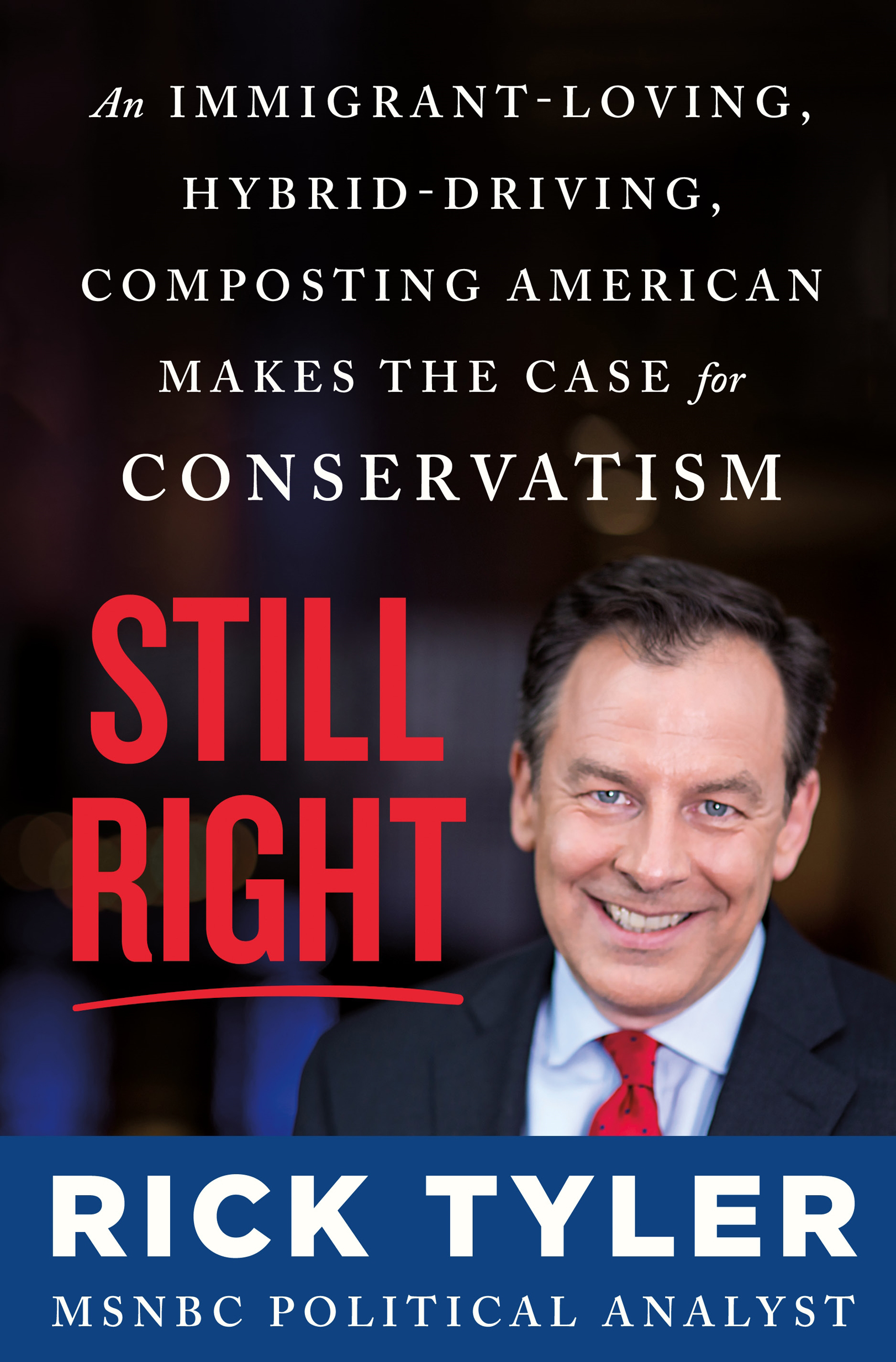

The author and publisher have provided this e-book to you for your personal use only. You may not make this e-book publicly available in any way. Copyright infringement is against the law. If you believe the copy of this e-book you are reading infringes on the authors copyright, please notify the publisher at: us.macmillanusa.com/piracy.
To my wife, Tamara. You are the love of my life.
On New Years Day 2020, when I arrived in the greenroom at the Washington bureau of NBC News, Ruth Marcus, The Washington Post opinion columnist was already there. She was scheduled to appear ahead of me on NBCs cable news network, MSNBC. We exchanged New Years greetings, then with a mischievous smile she asked me if four years ago I would have thought that we would have such similar opinions about Donald Trump. What went unsaid but understood was: despite our political differences. I responded by quoting the Eagles Joe Walsh: Everybodys so different. I havent changed.
And Im not about to change. I have been a conservative my whole life. And for several decades Ive actively championed conservative principles by working on political campaigns at all levels of government.
My first political job was managing a campaign for governor, which, admittedly, I had no business doing. At the time, I was managing a restaurant along the coast of Maine near Bath. One of the waitresses who was working to put herself through college introduced me to her mother, who was the minority leader in the Maine Senate. She was running for governor but was not attracting talent to her campaign. She asked me if I would be her campaign manager. I refused the offer, saying I knew nothing about running for office. She then asked if I would be willing to be a volunteer on her campaign. I accepted and soon thereafter, despite my protestations, I became the campaign manager anyway.
Early on in the campaign, I called Fritz Rench, a family friend who was the secretary at the Heritage Foundation. Fritz had written the first business plan for the conservative think tank and had deep roots in and ties to the conservative movement. During our call, he kept repeating the refrain: This is impossible. He was referring to me running a statewide campaign with no political experience. Nevertheless, he agreed to help. I was immediately enrolled in a Washington-based campaign school organized by Paul Weyrichs Free Congress Foundation. I got in my pickup truck and drove to DC for a week of intensive political training. By the end of the school, I had absorbed a lifetimes worth of experience from seasoned campaign professionals. But the most significant thing I learned was: we were going to lose.
Everything that I now understood about campaigns from the Free Congress Foundation campaign school, we werent doing, and it was too late to make up lost ground. It was a hard lesson.
So by early 1994, the year of the Republican Revolution, I was just cutting my political teeth by running a statewide campaign for governor. I ran it right into the ground. We placed dead last in a nine-way Republican primary.
This sounds awful, but the thing is that in the political world, losing can be the best thing that happens to you. When you win, you learn almost nothing. There is no reflection or looking back on what went wrong. You just assume you did everything right. When you lose, losing is all you think about. So I would spend the next several years learning all there was to know about how to win campaigns. I was hooked and there was no going back.
Soon, I was working for the Maine Republican Party, where I eventually became the state director. I held that position for nearly five years. One of my key objectives was getting our candidates and their campaigns trained. I brought in GOPAC, a well-known conservative political training organization and we trained and trained. In November of 1996, when Republicans were following our presidential nominee, Kansas senator Bob Dole, off a cliff, Maine was one of the few states where he gained seats in the state legislature.
While still working for the Maine GOP, I started training candidates and volunteers for GOPAC around the country. At first, I used the material they had developed. But it wasnt long before I was developing my own presentations and talks because while GOPACs were good, I thought they could be better.
So besides training in the nuts and bolts of campaigns, I focused on three neglected areas: leadership, communications, and messaging. I believed (and still believe) that the conservative message was a winning message, but it was not being explained or presented in a way that attracted people to its philosophy. I wanted to change that.
By 1998, my fifth year as ED of the Maine Republican Party, I was getting a little too comfortable. I openly supported a conservative candidate for state chairman, a state legislator who had been termed out. By the time he committed to run, we only had two weeks to campaign. Our opponent, a moderate, had been the vice chairman of the party for the last four years and had been actively campaigning for the top job for nearly two years. We lost by two votes and I lost my job.
Speaker Newt Gingrich also lost his job earlier that same year when he failed to meet expectations in the 1998 elections by losing four House seats, even though the GOP had held the majority in the House for three consecutive elections. He was giving up the speakership and would resign from Congress.
Despite failing to meet expectations in 1998, Newt solidified his position as the dominant conservative since Ronald Reagan having created a movement that brought the GOP out of the wilderness and into a congressional majority for the first time in four decades. My sense at the time was that he wasnt going to retire quietly and that he still had much more to offer.
I called Joe Gaylord, Gingrichs senior adviser, whom I had met while attending his weeklong Campaign Management College. I was curious about what Newts next adventure might be. As everyone was exiting Newt world, I seemed to be one of the few who was asking to come on board. By July of 1999, I was on team Newt and moving to Washington, DC, arriving serendipitously on July 4. For the next decade, life with Newt was one never-ending grand adventure. I loved working for Newt. I never stopped learning, because Dr. Gingrich, PhD, never gave up teaching.
We traveled all over the country, mostly by private jet, to paid and some unpaid speaking events. We published thirteen books; made several movies; secured a Fox News contract; consulted with for-profit and nonprofit companies; developed conservative policy, especially in healthcare and national security (Newt even invented the Department of Homeland Security); campaigned for Republicans; oh, and we ran for president.
Although Newt never did become president, he remained and still remains relevant after relinquishing the speakership more than two decades ago. Thats not easy to achieve.
I last saw Newt in Rome where his wife, Callista, serves as the ambassador to the Vatican. She was hosting an Independence Day party at the residence. I think it is fair to say that Newt and I dont see eye to eye on President Trump. We never discussed it. I think preserving relationships is more important than political disagreements.
This was emphasized by my send-off from the Ted Cruz presidential campaign in 2016. I have to admit I did not want to go. As was expected of key staffers, I had moved from my home in Virginia to Houston, where his campaign headquarters were. Most weeks, like so many on the campaign, I had worked all seven days, and most days I worked every waking hour, only finding time off on Sundays for church and the occasional Astros game. As the Cruz spokesperson, I made the case for him specifically and conservatism in general on TV and in person around the country. The mission was personal. But on my last day I was reminded that the mission was also social. The campaign and our shared principles had made us a family. So I found myself crying and laughing in turn as dozens of my colleagues from headquarters said good-bye with rounds of drinks and Rick Tyler stories.
Font size:
Interval:
Bookmark:
Similar books «Still Right: An Immigrant-Loving, Hybrid-Driving, Composting American Makes the Case for Conservatism»
Look at similar books to Still Right: An Immigrant-Loving, Hybrid-Driving, Composting American Makes the Case for Conservatism. We have selected literature similar in name and meaning in the hope of providing readers with more options to find new, interesting, not yet read works.
Discussion, reviews of the book Still Right: An Immigrant-Loving, Hybrid-Driving, Composting American Makes the Case for Conservatism and just readers' own opinions. Leave your comments, write what you think about the work, its meaning or the main characters. Specify what exactly you liked and what you didn't like, and why you think so.



